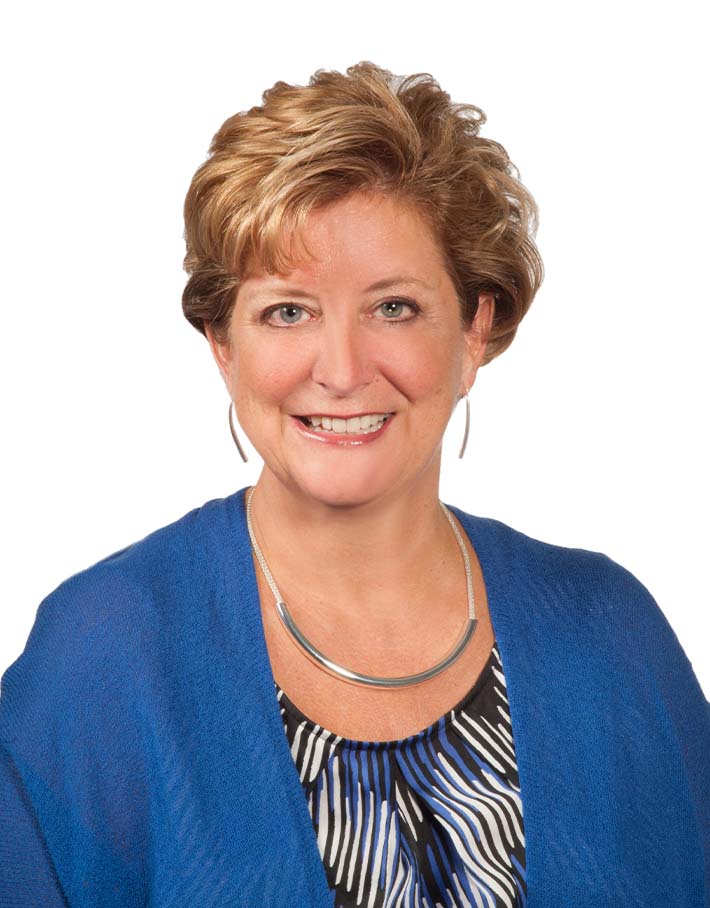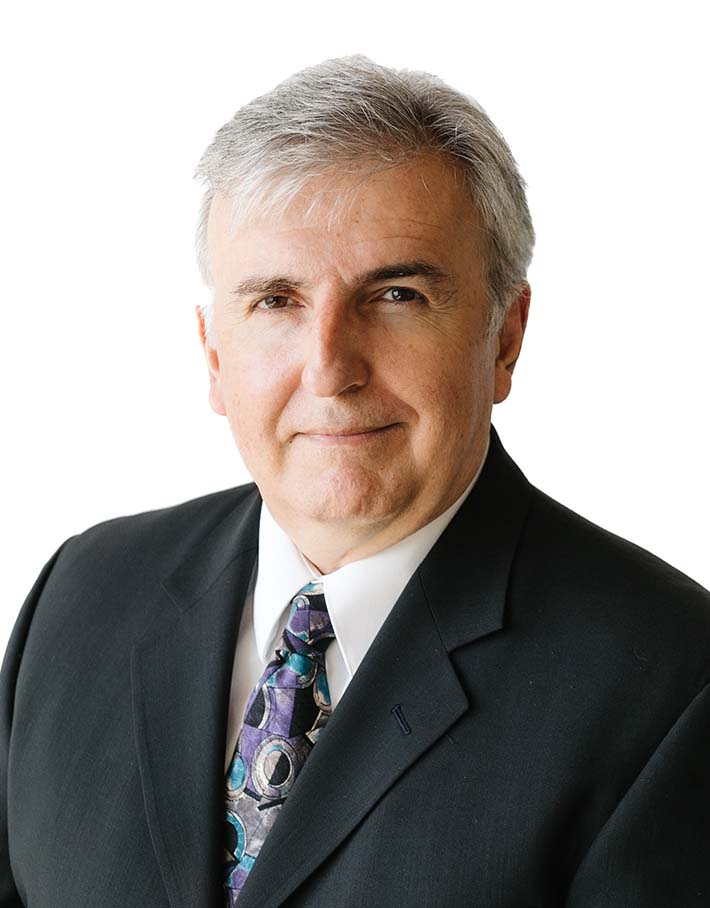When to Leverage a Consulting Firm
By Gena Spitzer, Fred Wagstaff and Dean Pelos
Subscribe to our original industry insights
There are significant changes happening across many different facets of our industry, and often at a relatively high velocity. Whether it’s social or technological, the advisory focused landscape or regulatory challenges, now is the opportunity to take a more strategic look at your business. In this Oyster Stew podcast, our experts discuss the value of leveraging consulting firms to address organizational challenges, streamline operations, and achieve strategic goals. You’ll gain insights into the key circumstances prompting firms to seek consulting support and the benefits that experienced consultants bring to the table.
Key Considerations for Leveraging Consulting Support
Whether you’re grappling with compliance complexities, financial leadership gaps, or technology integration struggles, this episode delivers actionable insights to help your firm succeed. You’ll learn:
- How firms can address challenges like technology integration, legacy system upgrades, and regulatory compliance.
- The benefits of aligning strategy with technology for a cohesive operating model
- Cost-effective solutions like outsourced CCOs and FINOP roles for startups and smaller broker-dealers.
- The Importance of third-party validation
- Evaluating clearing platforms and custodial relationships to ensure alignment with firm objectives and client needs.
- What to look for in a consulting firm
Additional Resources
Industry Insights: Broker-Dealer Technology Platforms
Cut to the Chase – Get the Best Clearing Firm Options
Outsourcing: A Strategic Solution for Successful Financial Firms
Selecting the right outsourced professional is a critical choice for broker-dealers and registered investment advisors. Resource availability, experience level and interactions with regulators are all important considerations. In today’s financial services industry the gap between you and your competitors is narrow. To stay competitive, your firm must continue to evolve by XXX. However, doing these things can put a strain on company resources and require expertise that just may not be available in-house. Firms need to approach staffing with greater finesse than simply bringing somebody in to fill an open position. Outsourcing is often the solution firms are looking for.
Oyster Consulting provides outsourced experts who understand the industry and your firm, but who also have the experience and resources to navigate regulatory nuances and interpretations. Our team is comprised of experienced professionals who understand the nuances of each role in the C-suite, allowing us to offer tailored solutions designed for maximum impact. From strategic planning and decision-making to compliance and operations oversight, our team can help ensure your business runs as efficiently as possible.
Transcript
Transcript provided by Temi
Gena Spitzer: Hello everyone. I’m Gena Spitzer, a Director in Oyster’s Business Development team, and the host of today’s podcast. Our topic today is when to consider leveraging a consulting firm. Today I’m joined by my three of my Oyster colleagues and consultants, Dean Pelos, who is a member of our Governance, Risk and Compliance team, also known as our GRC group, Jim Roth, who’s a member of our Strategic Planning and Execution team, as well as doing Business Development, that is known as SPE, and Fred Wagstaff, who is on our finance team. All three of these consultants work with our clients in multiple ways. You can learn much more about Dean, Jim, and Fred, as well as all the Oyster consultants, by visiting our website at www.oysterllc.com. Today we’ll be discussing the many circumstances that cause the firms that we work with to make the decision to bring in a consulting firm. Now, I know some of you out there only see dollar signs think about bringing in a consulting firm. Let’s dig in and share the who, what, when, where, why and how our clients benefit. Jim, why don’t we start with you from your perspective? Could you just take a few minutes and share the types of pain points that you uncover and that we solve for as we’re working with our clients?
Jim Roth: Thanks, Gena. You know, I think I can speak for Dean and Fred to say that we’re excited to join you today. We really wanted to share some of the trends that we’ve been noticing from our client base, as well as both the opportunities and challenges that they’ve been experiencing to date. A group of us got together last week, and the conclusion was that we can’t think of a time that we’ve seen more changes happening across so many different facets of our industry. Whether it’s social or technological, the advisory focused landscape, the regulatory and compliance challenges, it’s apparent that now is the opportunity for all of us to take a more strategic look at your business. And many third party firms like Oyster stand ready to help with these tasks, many of which are outside of the core competencies. We’re in the midst of a number of technology developments and we think we’re yet to see what’s the end state is going to look like. It’s clear that there’s an opportunity, not just to get into technology for the sake of technology. What we do know is many firms are struggling with implementing the new digital technology, either through a lack of integration, impacting your legacy systems or whatever it may be.
It’s clear that the strategy and your technology has to be tied together, It can’t be separate. But you’re also making sure that you’re not losing the connection to make, or that you’re driving a more holistic, overarching strategy between your products, your services and your technology. Everyone knows that lowering costs and realizing more efficiencies are one of the top benefits to outsourcing, but especially in the midst of the current economic uncertainty, outsourcing or leveraging third party support is really the top of mind. But it’s really up to you, whether now is the right time or not, organizations like Oyster can review your current operating model and provide recommendations as to the future, state target operating model considering so much change that has taken place. What our analysis, Gena, normally involves is that we review the current business practices, the products and services that are being offered.
Jim Roth: We look at the operations. We look at the custody processes. We look at technology. We look at compliance. We look at sales supervision. All that’s kind of included into doing somewhat of a third-party assessment, an independent review. Comparing your organization with other firms of comparable size and scale to make sure that it’s aligned for that future state going forward. So that’s one element that we’ve really seen. It’s really proven to be beneficial. The other thing is we conduct what we call the current state assessment or the CSA. We confirm an understanding of the intricacies of the various lines of business of your firm. This allows our team to confidently build out a foundational business case for the most practical options, providing your firm’s leadership with a more reliable, accurate recommendation to consider how you’re going to adjust your business going forward. The other area that has become quite popular is the trading and market access. Taking a proactive look at your market access program obviously could save you some time and prevent some regulatory headaches in the future. How a firm determines the capital limits around its proprietary trading, how those limits are set, how the capital is allocated and how it’s monitored throughout the day, those are all components that we look at it. So those are a couple more examples, Gena, that other firms have found to be beneficial.
Gena Spitzer: So Dean, how about you?
Dean Pelos: Thanks, Gena. From my perspective, it’s all about a client who really wants to run their business and has the complexity of having a compliance program. They might be small enough where they don’t have the resources to use or to hire someone full-time to run a compliance department for them. They might just need compliance as a one-off where they say, you know, I want to bring somebody in who’s experienced who can run the program for me, be able to put together something that is reasonable for the business that I’m trying to conduct. And I’m going to focus on other things such as how I run my business. You’re in the business to raise money. You might be an investment advisor, a small investment advisor, and you’re focused on your clients and you want to make sure that they’re taken care of, and you don’t have the time to spend where there’s changes in rules that may come up and you’re spending a lot of time away from what the norm is for your business structure. You want to be able to run your business appropriately and not have to worry about the complexities of how do I keep up with the rules? How do I keep up with what we should be doing from a compliance standpoint so that a regulator is seeing that things are managed properly. So that’s where we sometimes come in and help and assist, and recognize what gaps may exist in a program like that, and be able to help that individual run their business more effectively.
Gena Spitzer: Thanks. How about you, Fred?
Fred Wagstaff: Thanks, Gena. Oftentimes firm may need to leverage the resources of a consulting firm because they don’t have the capacity or they don’t have the expertise or the experience, and you need a particular finance function. Two very important functions within the broker dealer space are the CFO and the Financial and Operations Principal, also known as the FINOP position. The outsourced FINOP position could make sense in certain situations, such as when training a new person internally that has their Series 27, which is the FINOP license, but they don’t have the experience yet in that position. So that’s kind of one. Two would be filling the role until a new person is hired. So they’ve got a vacancy and they need somebody to come in and fill the gap that has the Series 27 license until they get somebody in and hired and trained.
There’s also a FINOP role that does not require a full-time position. You see that in a lot of cases in smaller broker dealers where it doesn’t take a full-time position to actually do the work for that. So that’s where an outsourced FINOP could really make sense, because it’s a lot less expensive to outsource that function than having a full-time position with the salary and benefits, and all of the other overhead expenses that go along with that. And FINOP support group, that would encompass a lot of different situations if you will. And that’s not necessarily the normal, monthly recurring FINOP, filing regulatory reports and that sort of thing. But would be the firm’s going through some type of a business change, you have a systems conversion or an acquisition, or just things like that.
That where you have a need for somebody that has that expertise to come in and help the FINOP staff or the accounting staff to go through that process and analyze the things that are needed for the changes that are taking place from a finance perspective. And then lastly is the fractional CFO position. And that may make sense for a firm that’s in a startup phase or an initial phase of a company where they don’t have the need for a full time CFO. The same thing, you’re outsourcing it, therefore you’re cutting your expenses from a full-time salary position, as well as benefits and other overhead costs.
Gena Spitzer: Another reason we find firms coming to us as a consulting firm is for validation. Can you all speak to that?
Dean Pelos: I can start by just saying that there are firms out there that want us to test how they’re doing. They may want us to come in and take a look at their program and say, how does this look? We’re a little concerned about certain areas of our compliance program, our supervisory program. We’d like you to come in and conduct a gap analysis or conduct an annual review of our firm and be able to identify any things that you feel need additional implementation or change so that we can have a more effective program in place. There are things like just an annual review of a broker dealer, the 3120 reviews that give a lot of our clients some comfort in knowing they’ve looked at everything involving our program. They’re on the outside, we’re on the inside. We may not see something that they’ve identified that could be an issue for us.
Jim Roth: Another important component is looking at your clearing or your custodial relationship, as it impacts almost every facet of your day-to-day business today. And as a broker dealer or a registered investment advisor, your dependency on this relationship is paramount. Why? Because it touches your clients, the advisors, and how you manage your business. When most people think of a clearing relationship, the first thing that you really think about is the technology platform. Years ago, firms were content with a one size fits all platform. And now there’s a multitude of choices because many of these offerings are tied into a CRM system, a portfolio management system, a risk and compliance platform, aggregation vehicles and trading systems. So the point is, that we’ve got the expertise, knowing the number of clearing custodial relationships, to kind of do that assessment on your behalf to see if it’s realistic. Based on your current relationship with them, what they’re doing right, what they could be doing and improving upon the service level, as well as looking at the pricing and the economics of these relationships as it’s really important.
So hopefully those additional comments are beneficial.
Gena Spitzer: They are. Thanks so much, Jim. So what should firms look for when they’re looking for a strong consulting firm? What are the kinds of things that they should think about as they’re out there searching for someone to help them with all these various things that we’ve talked about? I would say, one of the things would be a range of services that a consulting firm could bring to the table. And to help them so that there is that one stop shopping. It sounds kind of corny, but truthfully, the more a consulting firm knows the client that they’re working with, the more they’re able to help and in a more efficient way. So having the broad range of things, some the other things, and I would love to get some input from you guys on this. We’ve touched on a little bit too, but let’s talk about the industry experience and just knowing what’s going on out there, what’s going on with the regulators, what’s going on with their competitors, what are best practices in the industry. Let’s talk a little bit about what a firm should look for when they’re thinking about a consulting firm, as it relates to that.
Fred Wagstaff: Sure. Gena, I’ll jump in on that one. If you’ve got these specific talents within each of the groups, you have these subject matter experts, you’ve got a lot of experience, or hopefully, a good consulting firm will have a lot of experience. So that brings a lot to the table. They’ve seen a lot, they’ve been there, they’ve done that. And I think that is just an invaluable service, that any strong consulting firm could bring to the table.
Gena Spitzer: Yeah. People have sat in the seats, they’ve done the work. They know what to expect from being on the other side of the table from the regulators or whomever. It might be.
Jim Roth: You took the words right out of my mouth, Gena, because it’s the industry practitioners that have really set the difference between us and some of the other providers. We actually have personnel that have sat in the senior leadership seats as opposed to being a glorified consultant. That’s really not our take on it. We have experience in the wealth management space and in the capital markets.
Gena Spitzer: What would some of the things be that are drivers in determining that it’s a good idea to call in a consulting firm.
Jim Roth: I think anytime that you have a third party independent view, that doesn’t have strong ties to any particular organization, that can really introduce an unbiased approach, I think would be beneficial.
Gena Spitzer: Jim, I know you talked about doing a current state assessment and future operating model. Maybe you could talk a little bit about some of those practical things that come out of those kinds of discussions and ways to implement, to change and help a firm.
Jim Roth: The primary objective of the current state assessment is to confirm an understanding of the intricacies of the various lines of business. By doing this assessment, we’ll provide support in the decisioning process to quickly and effectively determine the optimal operating model. Starting a relationship it with a firm like Oyster, we can then offer you a chance to review all your alternatives and then help organize what can be outsourced and what should be kept in house, while enhancing your firm’s growth plans.
Gena Spitzer: So, it looks like we’re out of time today. Dean, Jim, Fred, thank you very much for your thoughts and your comments. If you have any questions about what we’ve discussed today, or if you have a topic that you’d like for us to discuss in any future Oyster Stew podcast, please feel free to reach out to us at our website which is www.oysterllc.com. Thanks so much. Bye.






